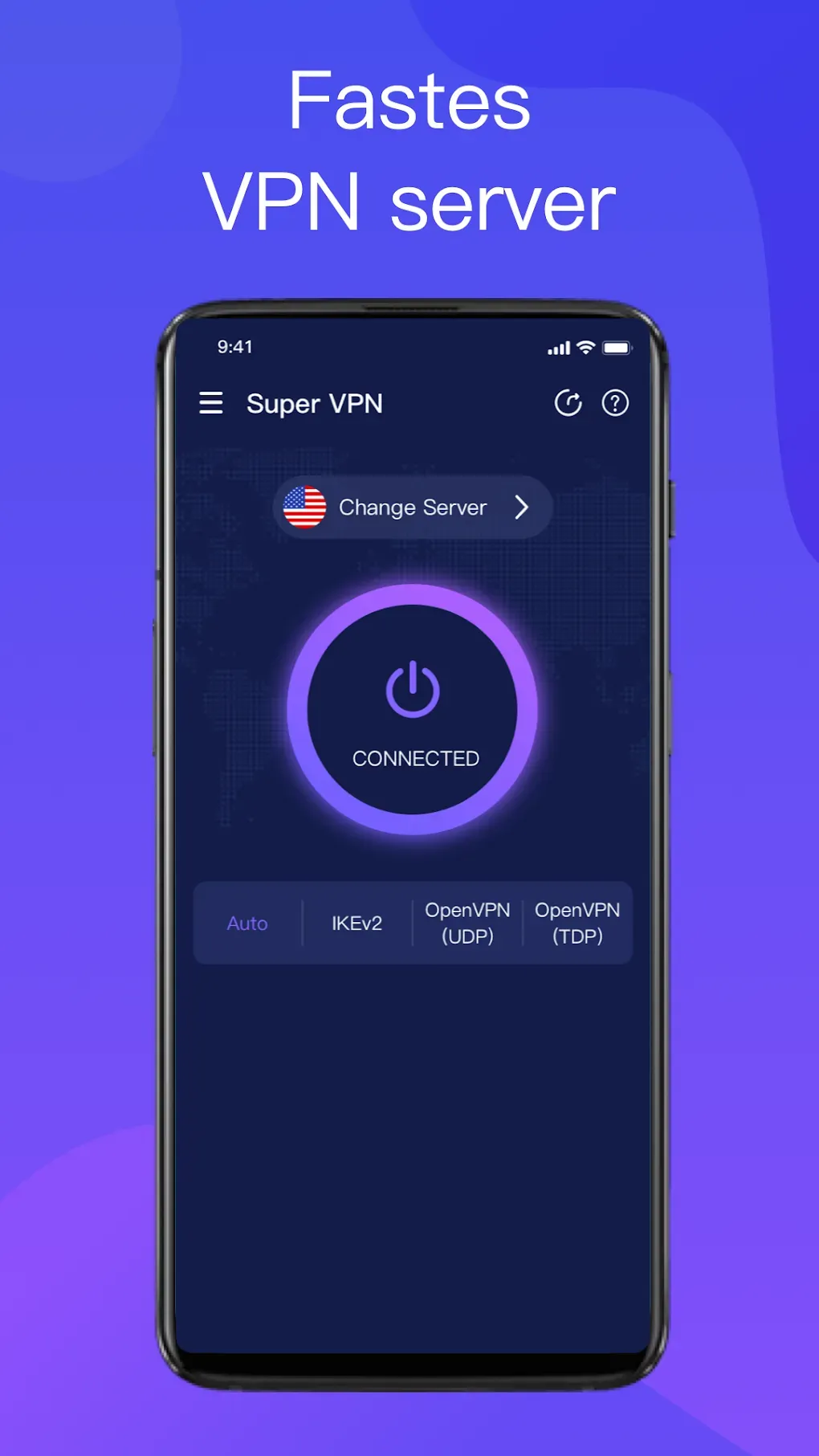In today’s digital age, utilizing a free VPN can be enticing for those looking to save money, but is it truly a safe choice? While these services promise anonymity and security, they often come with hidden risks, such as the potential sale of your data. It’s crucial to understand the risks of free VPNs, as many providers may log your activity, raising serious VPN privacy concerns. Before you decide, consider the advantages of paid VPN services, which typically offer better security features and customer support. So, how to choose a VPN that protects your online privacy without compromising your data?
Exploring the world of virtual private networks (VPNs) reveals a spectrum of options, from no-cost services to premium subscriptions. Many internet users may wonder about the implications of using a no-cost VPN versus investing in a paid alternative. While free VPNs can seem appealing, they often harbor significant drawbacks and risks that can jeopardize your private information. On the other hand, paid VPNs come with advantages like enhanced security protocols and dedicated support, making them a worthwhile investment for those serious about online protection. Understanding whether a free VPN is safe hinges on recognizing these differences and ensuring your online activities remain secure.
Understanding the Risks of Free VPNs
Using a free VPN service may seem like a cost-effective solution for protecting your online privacy, but it often comes with hidden risks. Many free VPNs monetize their services by collecting and selling user data, putting your personal information at risk. Research has shown that a significant percentage of free VPNs engage in tracking and data-selling practices, which raises serious concerns about their reliability and safety. Users might find themselves unwittingly compromising their privacy, as these services may log your browsing activities and share them with third parties, defeating the very purpose of using a VPN.
Moreover, free VPNs typically offer limited security features. They may not provide strong encryption protocols, leaving your data vulnerable to interception by hackers or other malicious entities. This lack of robust security measures becomes even more critical when you consider the increasing frequency of cyber threats. Users should be aware that while they may save money upfront, the potential consequences of using a free VPN can lead to greater financial and personal risks down the line.
The Advantages of Paid VPN Services
Investing in a paid VPN service comes with many advantages that free options simply cannot match. Paid VPNs often utilize advanced encryption standards, such as AES-256, ensuring that your data remains secure from prying eyes. This level of security is essential for anyone concerned about online privacy, especially when accessing sensitive information or conducting financial transactions. Furthermore, reputable paid VPN providers have clear no-log policies, meaning they do not keep records of your online activities, providing an additional layer of privacy protection.
In addition to superior security, paid VPNs also offer better performance and reliability. With a paid service, users typically enjoy faster connection speeds, unlimited bandwidth, and access to a wider range of servers across different locations. This not only enhances your overall browsing experience but also allows you to bypass geographical restrictions and access content that may be blocked in your region. Additionally, many paid VPNs provide dedicated customer support, ensuring that any issues are resolved promptly, which is often lacking in free VPN services.
How to Choose the Right VPN for Your Needs
Selecting the right VPN requires careful consideration of several key factors. First and foremost, assess the level of security provided by the service. Look for VPNs that offer strong encryption protocols and a strict no-log policy. Reading reviews and testimonials from other users can also provide insight into the reliability and performance of the VPN. It’s essential to choose a provider that has a solid reputation for protecting user privacy, especially in today’s digital landscape where data breaches are common.
Additionally, consider the cost vs. benefits of various VPN services. While free VPNs may seem appealing, they often come with limitations that could hinder your online experience. Paid VPNs, although requiring an investment, provide features like faster speeds, more server options, and better customer support. Many reputable VPNs also offer free trials or money-back guarantees, allowing you to test their services before committing. This way, you can ensure that the VPN you choose meets your needs without compromising your online security.
Is a Free VPN Safe to Use?
The safety of using a free VPN service is often questionable. Many free VPN providers have been found to engage in practices that compromise user security, such as injecting ads into your browsing experience or tracking your online activities to sell your data. This means that, while you may be gaining anonymity from your Internet Service Provider (ISP), you’re potentially exposing yourself to other risks, including data theft and privacy violations. Users must be aware that a free VPN may not offer the same level of protection as a paid alternative.
In contrast, reputable paid VPN services prioritize user safety and privacy. They invest in security infrastructure and employ transparent data protection policies, ensuring that your personal information remains confidential. Therefore, while the allure of a free VPN is strong, the risks associated with using such services often outweigh the perceived benefits. It’s crucial for users to carefully evaluate their options and choose a VPN that genuinely protects their online activities.
VPN Privacy Concerns: What You Should Know
VPNs are often touted as tools for enhancing online privacy, but there are important privacy concerns users must consider. One major issue is that not all VPN providers are created equal; some may collect and sell user data despite their claims of anonymity. Users need to do their research and choose a provider that has a solid reputation for safeguarding their privacy. Look for VPNs that have undergone third-party audits to verify their privacy policies and practices.
Additionally, it’s important to understand that while VPNs can mask your IP address and encrypt your internet traffic, they do not make you completely anonymous online. Other tracking methods, such as cookies and browser fingerprinting, can still reveal your identity. Therefore, users should adopt additional privacy measures, such as using secure browsers and disabling tracking features, to enhance their online security. By being proactive and informed, you can better protect your privacy while using a VPN.
The Performance Trade-Offs of Free VPNs
One of the most significant drawbacks of using a free VPN is the impact on performance. Free VPNs often come with bandwidth limitations, resulting in slower speeds and frequent disconnections. This can be frustrating for users who rely on a stable internet connection for streaming, gaming, or even casual browsing. In contrast, paid VPN services typically offer faster speeds and more reliable connections, allowing users to enjoy a seamless online experience without interruptions.
Moreover, the limited server options provided by free VPNs can lead to congestion, as many users are attempting to access the same limited resources. Paid VPNs, on the other hand, have a broader selection of servers, which helps to distribute user traffic more evenly and maintain optimal performance. If speed and reliability are essential to your online activities, opting for a paid VPN service is the better choice for ensuring a smooth and efficient browsing experience.
The Security Features to Look for in a VPN
When evaluating VPN services, security features should be at the forefront of your decision-making process. Look for VPNs that implement strong encryption methods, like AES-256, which is considered one of the best available for protecting user data. Additionally, features such as a kill switch, which disconnects your internet if the VPN connection drops, can help prevent accidental data exposure. Multi-factor authentication is another valuable security measure that adds an extra layer of protection to your account.
Also, consider whether the VPN provider has a clear and transparent privacy policy. A reputable VPN should clearly outline how they handle user data and what measures they take to protect it. Be wary of providers that retain logs of user activity, as this could expose you to privacy risks. Ultimately, prioritizing security features when selecting a VPN can significantly enhance your online safety and help you avoid potential threats.
Common Myths About Free VPNs
There are several myths surrounding free VPN services that can mislead users into making poor choices. One common misconception is that all free VPNs are entirely safe to use. In reality, many free VPNs come with significant risks, including data logging and security vulnerabilities. Users must be vigilant and recognize that while a free VPN may seem attractive, it often lacks the necessary safeguards to protect your personal information.
Another myth is that free VPNs provide adequate performance for streaming and gaming. However, many free services impose bandwidth limits and slow connection speeds, making them unsuitable for high-demand activities. Paid VPNs, in contrast, are designed to handle heavy usage without compromising on speed or reliability. Understanding these myths can help users make more informed decisions about their online privacy and security.
Conclusion: The Case for Paid VPN Services
In conclusion, while free VPNs may seem appealing at first glance, the risks and limitations often outweigh the benefits. Users should carefully consider the implications of their choice, as relying on a free service can lead to compromised security and privacy. Investing in a reputable paid VPN offers several advantages, including enhanced security features, better performance, and dedicated customer support, which are essential for protecting your online activities.
Ultimately, the decision comes down to valuing your online privacy and security. With the increasing prevalence of cyber threats and privacy violations, it is crucial to choose a VPN that prioritizes user safety. By opting for a paid VPN service, you can enjoy peace of mind knowing that your personal data is better protected, enabling you to browse the internet with confidence.
Frequently Asked Questions
Is a free VPN safe to use?
Using a free VPN often comes with significant risks. Many free VPNs track user data, keep logs, and may sell your information to third parties. Unlike paid VPNs that typically offer robust security features and a strict no-log policy, free VPNs often compromise your privacy, making them less safe.
What are the risks of free VPNs?
Free VPNs pose several risks, including data tracking, selling user information, potential malware, and poor security. Many free services limit bandwidth, leading to slow speeds, and can expose your data to hackers, especially if they lack strong encryption.
How do free VPNs compare to paid VPN advantages?
Paid VPNs offer numerous advantages over free ones, including enhanced security features like AES-256 encryption, faster speeds, unlimited bandwidth, and reliable customer support. Free VPNs often lack these benefits and can compromise your online privacy.
What should I consider when choosing a VPN?
When choosing a VPN, consider factors such as security protocols (look for AES-256 encryption), privacy policies (preferably a no-log policy), server locations, speed, and customer support. Assess whether the VPN is free or paid, as paid options typically provide better protection and performance.
What are the VPN privacy concerns with free services?
VPN privacy concerns with free services include the likelihood of data logging, tracking user activity, and selling data to advertisers. Free VPNs often lack transparency and may not have the same level of security as paid services, raising doubts about your online privacy.
| Key Point | Explanation |
|---|---|
| What ‘Free’ Means | Free VPNs may sell your data, and your privacy isn’t guaranteed. |
| Trust Issues | Using a free VPN means trusting a provider you may not know well. |
| Cost of VPN Services | Running a VPN service incurs costs; hence, free services often have hidden costs. |
| Speed Limitations | Free VPNs typically offer slower speeds due to bandwidth restrictions. |
| Potential Malware | Many free VPN apps may contain malware and tracking features. |
| Advantages of Paid VPNs | Paid VPNs offer better security, speed, and customer support. |
| Encryption Standards | Paid VPNs commonly use AES-256 encryption for enhanced security. |
| Customer Support | Paid VPNs provide reliable customer support, unlike free services. |
Summary
Using a free VPN might seem like a cost-effective solution for online privacy, but it often comes with significant risks. While you may save money upfront, the potential for data selling, slower speeds, and lack of reliable support can lead to greater costs down the line. Ultimately, investing in a reputable paid VPN is a safer choice for protecting your personal information and ensuring a smoother online experience.








